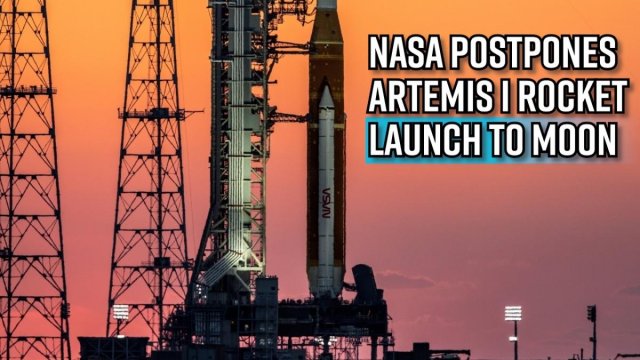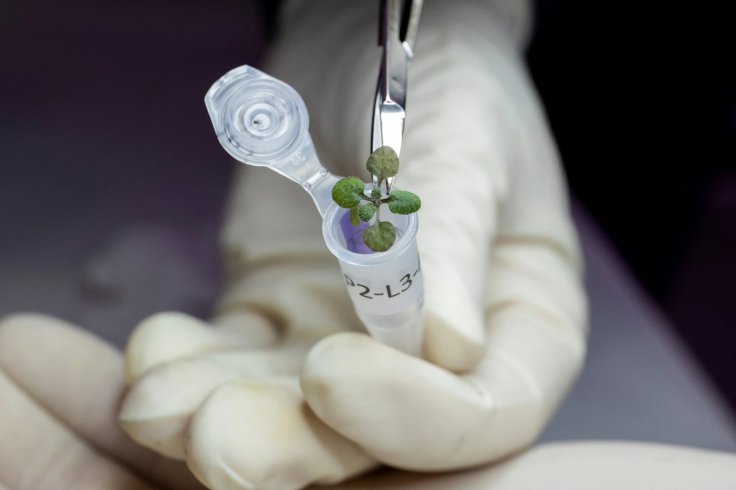

As war and extreme weather affect cultivation, Chinese astronauts on board the Tiangong space station have successfully sprouted thale cress and long-grain rice plants. This is part of an experiment to determine the effects of low gravity on plant growth.
The Chinese Academy of Sciences (CAS) said the seeds, which were carried on the Wentian lab module on July 24, have sprouted and are in good condition. A photo shows that the thale cress have sprouted leaves and the long-grain rice plants have reached a height of 30 cm. Crew members of the Shenzhou 14 mission want to see how the plants would do in space.
Zheng Huiqiong, a researcher at the CAS Centre for Excellence in Molecular Plant Sciences, hopes this experiment will be the first in the world to achieve rice cultivation from seed to seed under microgravity in space.
Zhao Liping, the chief designer of the Wentian module, says astronauts will harvest the seeds in late September. They will also collect the samples of the plants. For more than two decades, the Chinese research team have been studying how changes in gravity affect plant growth.
A series of experiments was conducted on the Shenzhou 4, Shenzhou 8, and the Tiangong-2 missions. Zheng highlighted that plant cultivation is critical for China's plants to explore deep space. She believes food growth on Earth would not be able to meet the long-term needs and demands of astronauts on a mission to Mars and beyond.

Zheng shared that environment is a big challenge. She explained that plants have to be shielded from the vacuum conditions and cosmic radiation of space. One of the major challenges is the limited room and energy supply for cultivation on the space station. And then there are delayed flowering, lower seed setting rates and reduced seed quality.
Zheng says space crops must have high yields, grow quickly and consume minimal energy. She revealed the crops like rapeseed, wheat and peas have successfully produced seeds in space experiments. The scientist believes that research on the two plants could provide them with broader solutions to the challenges of growing plants in space.
The Chinese researchers found that long periods of light failed to accelerate blooming under microgravity. They hope the experiment will provide theoretical guidance for space grain production.









